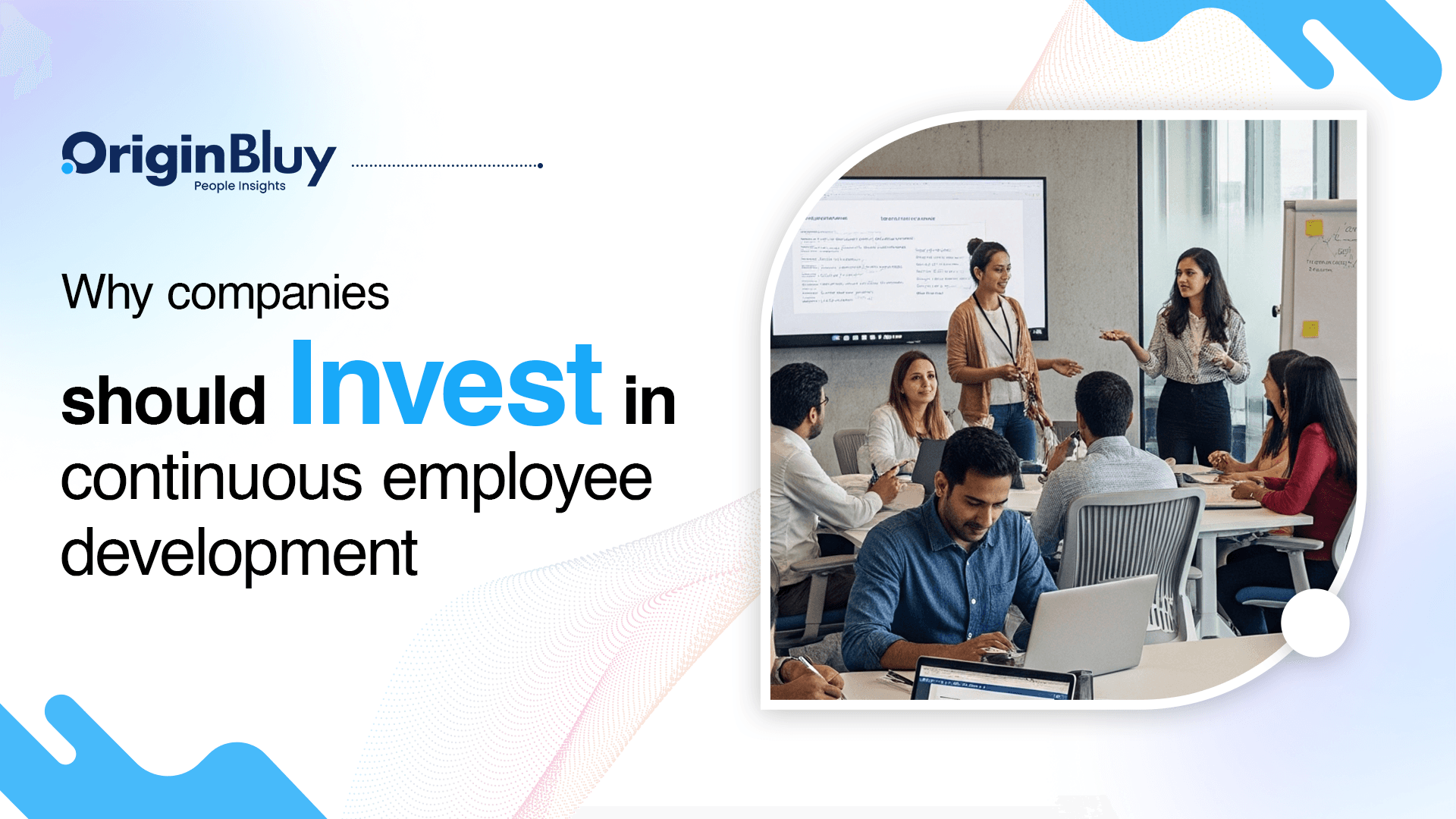The business environment has always been fast-paced, but now it's evolving at an unprecedented speed. With hybrid work models and multigenerational teams, modern leaders must do more than manage—they must lead dynamically. This requires competent leadership at the core, built on strategic and ongoing training.
Leadership Is Not Innate—It Must Be Developed
Leadership isn’t solely a trait you’re born with or earned through seniority. Even experienced managers face situations where instincts aren’t enough. Leadership training is not a luxury—it’s a strategic necessity for sustainable growth.
Arguments for Continued Leadership Development
While experience teaches a lot, formal leadership programs bring structure and forward-thinking strategies to real-world challenges. Today’s leaders need to manage remote teams, foster inclusivity, and nurture innovation. Leadership development helps evolve habits, strengthen emotional intelligence, and align with new expectations.
What Makes Leadership Training So Valuable?
Leadership training focuses on human skills: communication, empathy, decision-making, and coaching. Modern formats include executive coaching, peer learning, digital platforms, and experiential learning—making leadership a continuous journey, not a one-time event.
The Ripple Effect of Trained Leaders
1. Enhanced Team Performance
Trained leaders set expectations clearly, provide actionable feedback, and align individual goals with organizational vision—resulting in more productive, engaged, and resilient teams.
2. Stronger Organizational Culture
Leaders shape culture. Training ensures that their decisions and behaviors reflect the company’s values, creating a purposeful and aligned work environment.
3. Improved Retention
Poor leadership is a top reason for employee turnover. On the flip side, trained leaders build trust, empower teams, and support career growth—leading to loyalty and retention.
The Cost of Ignoring Leadership Development
Without training, leadership becomes inconsistent. It leads to fragmented employee experiences, mismanaged conflict, poor collaboration, and stifled innovation. Untrained managers discourage engagement and hinder performance.
Leadership Training as Cultural Infrastructure
One-off workshops offer temporary insight. Lasting impact comes from integrating leadership training into company culture through mentoring, leadership labs, and growth-based projects. These should evolve with organizational needs—from AI integration to sustainability goals.
The Long-Term ROI
Leadership development fuels engagement, operational efficiency, and innovation. It strengthens the succession pipeline and improves customer satisfaction. In an unpredictable world, leadership is a constant—one with increasing returns over time.
Leadership isn’t about having all the answers. It’s about asking the right questions, empowering others, and adapting constantly. By investing in leadership at every level, companies don’t just build better managers—they shape resilient, high-performing organizations ready for the future.
Leadership training is no longer optional. It’s a business imperative.



























